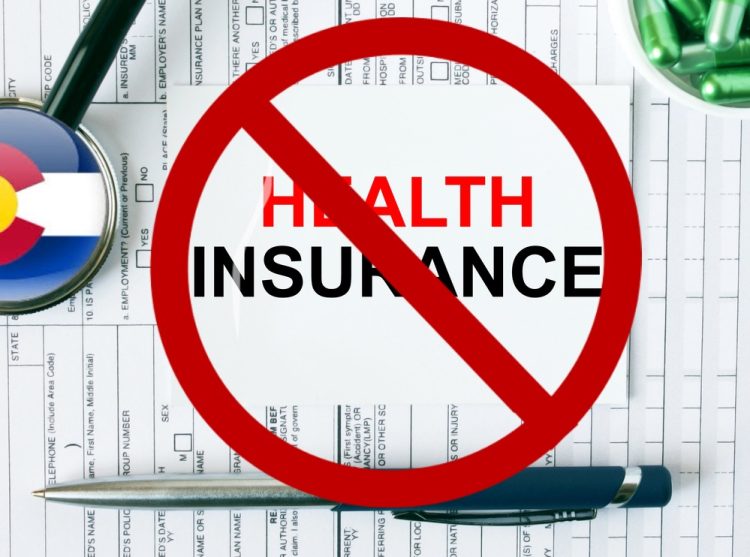Colorado Drops 500,000 Residents from Public Health Care Plans
More than 500,000 Coloradans have lost their Medicaid and Children’s Health Insurance Program (CHIP) coverage following the expiration of COVID-19 policies that protected public health insurance. Between March 2023 and October 2024, enrollment in these programs fell from 1.7 million to fewer than 1.2 million, according to the Kaiser Family Foundation (KFF).
Economic and Social Impact
A study by the Colorado Health Foundation and the Colorado Futures Center at Colorado State University found that the mass disenrollment had a major impact on the state’s economy, potentially shrinking it by as much as 1% due to the loss of health coverage for over 500,000 eligible individuals.
Colorado has seen a 30% drop in Medicaid and CHIP coverage, nearly double the national average of 16%. The state’s disenrollment rate of 53% is among the highest in the country, trailing only Texas and Florida in the total number of individuals removed from public health plans.
Why Are So Many Losing Coverage?
While some people no longer qualify due to income changes, studies show that many were removed because of administrative errors, missing paperwork, or outdated contact information. KFF reports that 69% of disenrollments were due to procedural issues, meaning those individuals may still be eligible but were unable to complete the renewal process in time.
The Families First Coronavirus Response Act, passed in 2020, prevented states from removing people from Medicaid and CHIP for three years. When that policy ended in March 2023, eligibility checks resumed, causing a rapid decline in enrollments nationwide.
What’s Next?
As of October 2024, Medicaid and CHIP enrollment nationwide has fallen to 79.3 million, down from its peak of 94.5 million in April 2023, though still higher than pre-pandemic levels. While disenrollments have slowed, experts predict the trend will continue, leaving many Coloradans uncertain about their health care options.












